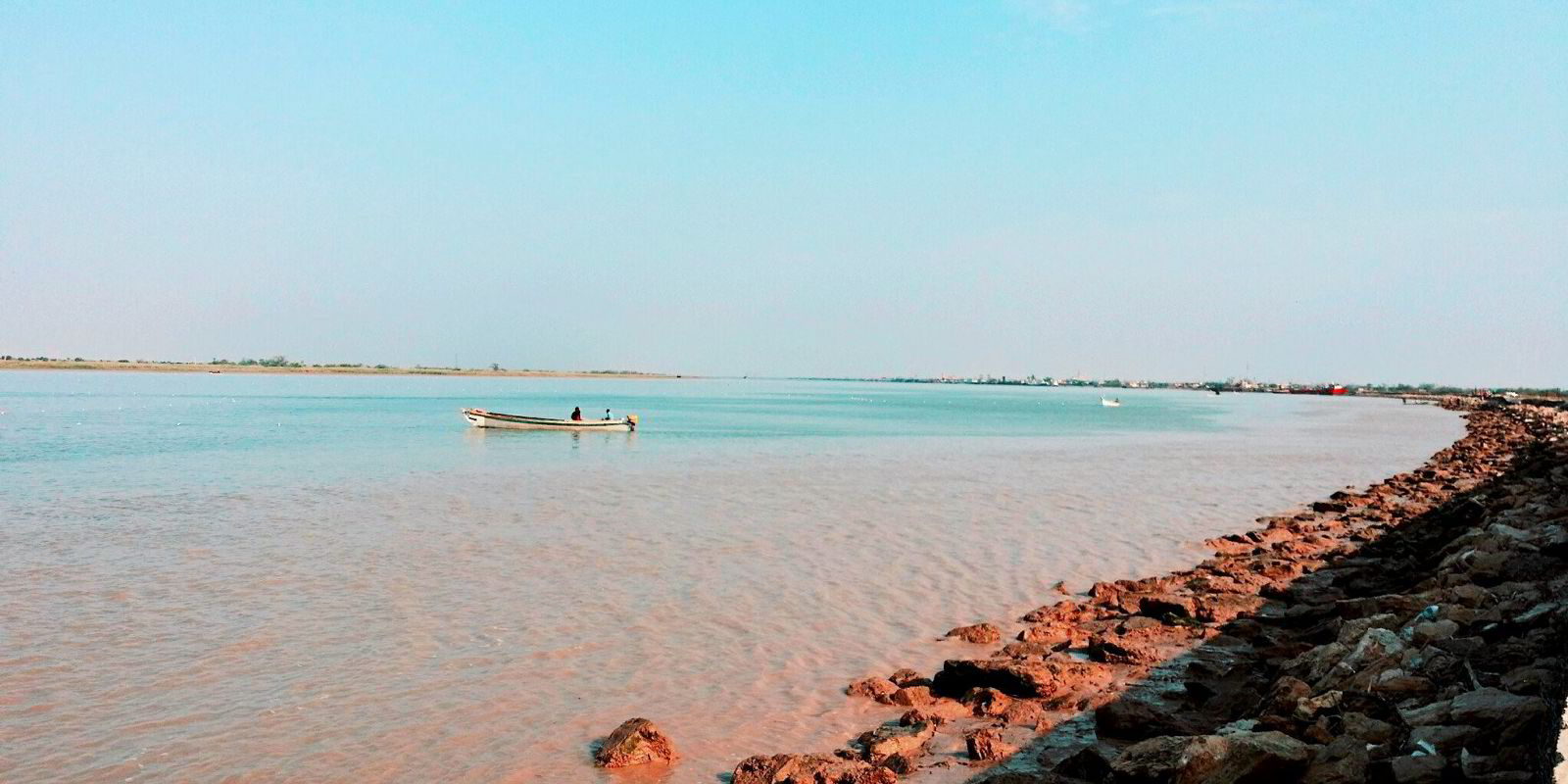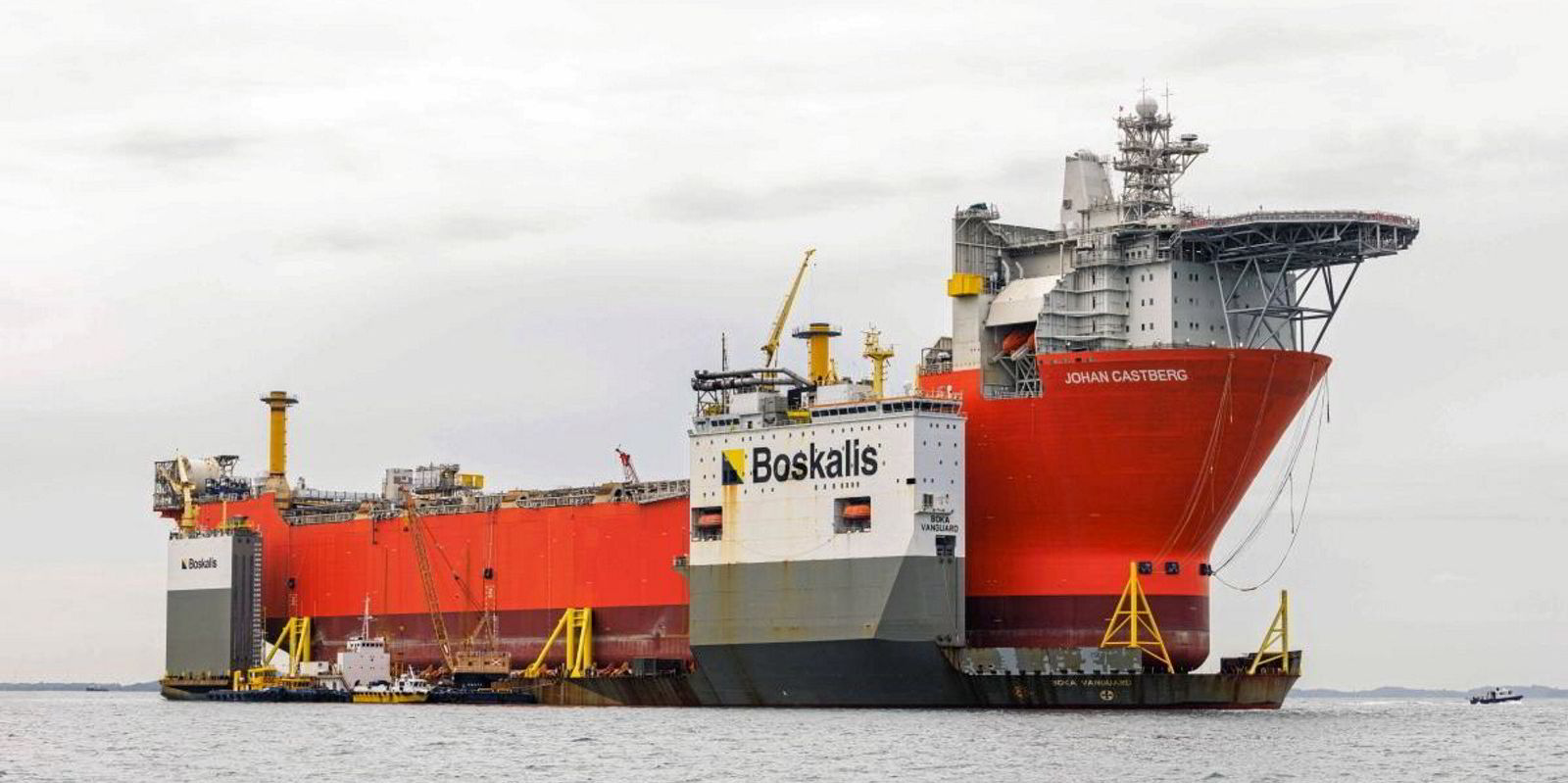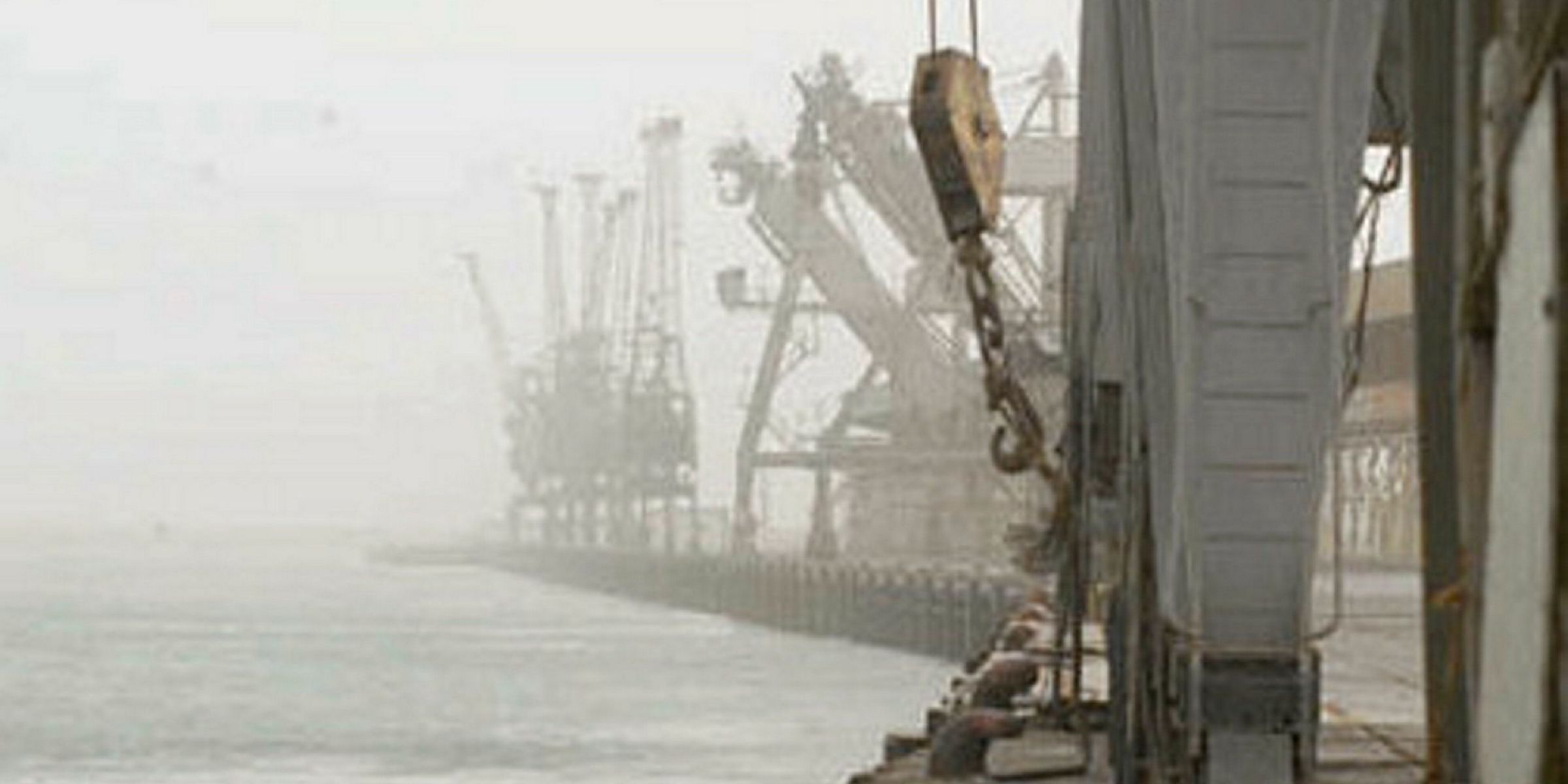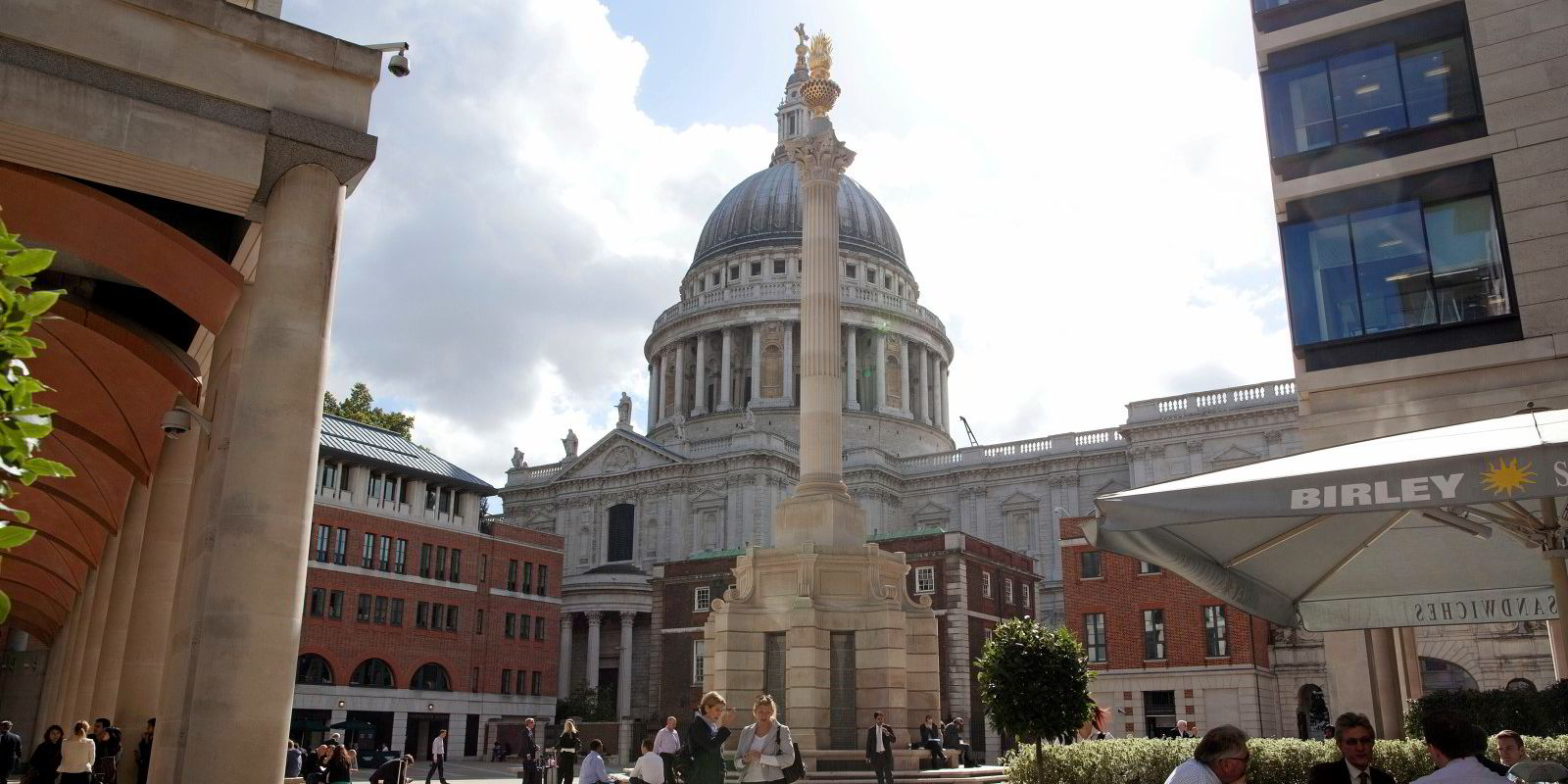Port construction company Archirodon has told a US judge that Iraq is holding back on paying for building the world’s longest breakwater serving the vast Al Faw Grand Port project.
The Cyprus-based builder is asking the US District of Columbia to force the General Company for Ports of Iraq (GCPI) to pay some $105m, including costs and interests, pursuant to a Geneva arbitration award made three years ago.
The lawsuit also names the Republic of Iraq and the Ministry of Transport, which is the GCPI’s parent.
Under the treaties governing arbitrations, and under US law, a sovereign state waives its immunity from lawsuits when a state agency signs a contract containing an arbitration clause.
The contract dates back almost a decade to November 2012, with Archirodon completing its work in 2016.
Iraq is chronically constrained by draught and berth limitations at the port of Umm Qasr on the Al Faw peninsula and the smaller port of Basra upriver. As such, the country is semi-dependent on neighbour Kuwait for exports and imports.
The Al Faw Grand Port project, planned for decades and now under construction by a consortium led by Daewoo Engineering & Construction, aims to resolve that.
“Upon completion, the Al Faw Grand Port will be the largest port in the Middle East and one of the largest worldwide,” wrote lawyers for the plaintiff in Archirodon’s lawsuit to enforce payment of the 2019 award made by the International Chamber of Commerce’s International Court of Arbitration.
“The breakwater alone, at over 14 kilometres, is recognised by Guinness World Records as the longest breakwater anywhere in the world.”
The project’s long delays have been blamed on financing, internal Iraqi politics, the marshy Shatt al-Arab delta soil, and touchy international relations along the Gulf coast, where only a few kilometres of Iraqi mud squeeze out into the Gulf between Iran and Kuwait.
The 2012 contract allowed Archirodon to recover costs and claim extensions based on physical conditions that were “not reasonably foreseeable by an experienced contractor” or on a “change in the laws of the country” affecting performance.
In Archirodon’s petition to the US court, its lawyers focused on Iraq’s denial of access to a key road, unforeseen difficulties due to soil quality, and the complications caused by the 2013 to 2014 offensive of the Islamic State of Iraq and Syria.
The Geneva panel granted Archirodon part but not all of its cost and time claims, and refused to grant a declaration that the project had been completed on time in the sense of the contract.
The office of the Iraqi commercial attache at Iraq’s embassy in Washington has been contacted for comment on the lawsuit.
Archirodon, which has worked on many of the world’s largest ports, particularly in the Middle East and North Africa, was founded in 1959 by Theodore Constantopoulos and Constantinos Karpidas. Their families later diversified into shipowning with the foundation in 1968 of private Athens-based owner Konkar Shipping Agencies.
However, the families sold out of the construction company decades ago.






